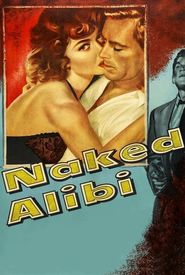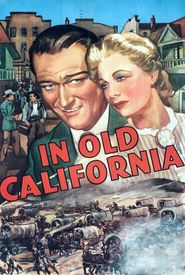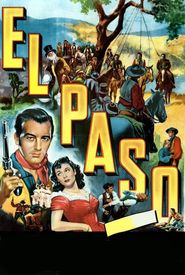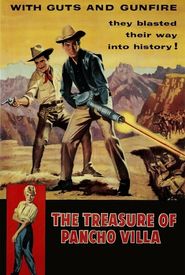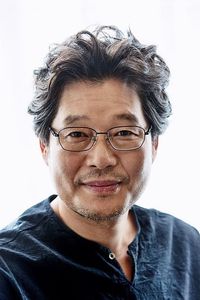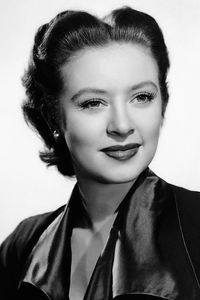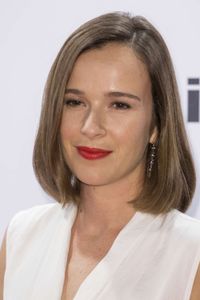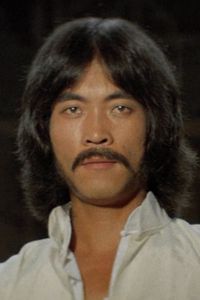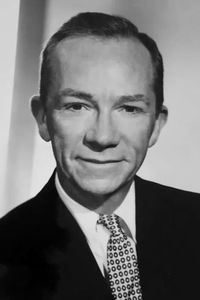Jose Roberto Bustamante Gutierrez, better known as J. Robert Bren, was a Mexican-American screenwriter and producer who left an indelible mark on the film industry from the mid-1930s to the mid-1950s. Born on July 23, 1903, in Guanajuato, Mexico, Bren's journey in the film industry began in 1933 when he worked on the sound crew for the film Face in the Sky.
As his career progressed, Bren started writing stories for films, with his first credited screenplay being the 20th Century Fox film Looking for Trouble, starring Spencer Tracy and Jack Oakie. He also collaborated with other writers on projects such as The Band Plays On, starring Robert Young, and Racing Lady, featuring Ann Dvorak, Smith Ballew, and Harry Carey.
In 1937, Bren co-wrote the screenplay for The Man Who Found Himself, which marked the starring debut of Joan Fontaine alongside John Beal. His work in the 1940s included co-writing the original story for the film In Old California, starring John Wayne, and producing the 1945 film First Yank into Tokyo, from a screenplay he wrote, featuring Tom Neal and Barbara Hale.
Bren's contributions to the film industry extended beyond his writing credits. In 1949, he served on the California State Welfare Board, where he worked alongside Hazel Hurst, a blind young lady who was a prominent advocate for the blind and the use of guide dogs. Inspired by Hurst's life, Bren wrote a screenplay based on her story, which was later adapted into a film.
Throughout his career, Bren collaborated with various writers, including his long-time partner Gladys Atwater. Their joint efforts resulted in the 1954 film Naked Alibi, directed by Jerry Hopper and starring Sterling Hayden and Gloria Grahame. Bren's last major screenwriting credit was for the 1959 film The Treasure of Pancho Villa, directed by George Sherman and starring Rory Calhoun, Shelley Winters, and Gilbert Roland.
J. Robert Bren's legacy in the film industry is a testament to his dedication and perseverance. With a career spanning over two decades, he left an indelible mark on the world of cinema, contributing to the creation of thirty feature films and producing at least two of those films.

